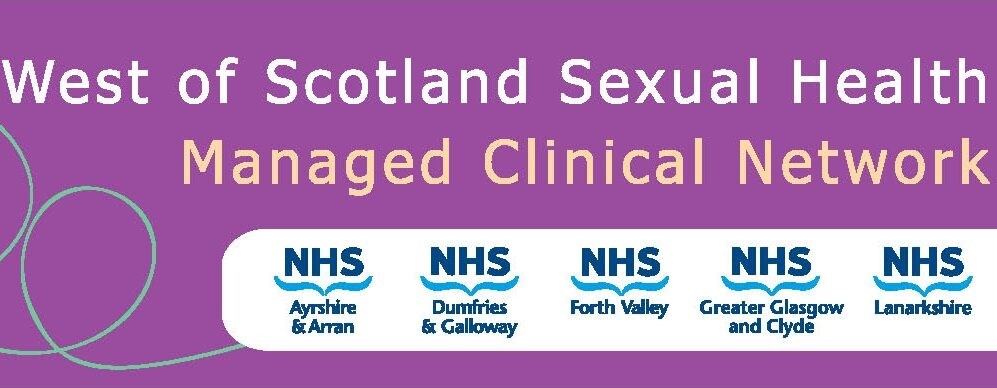Ensure client understands the method to aid satisfaction and compliance, and knows to take one tablet daily at the same time. Discuss methods such as phone reminders to support regular pill taking.
1. No extra precautions required if starting:
- Day 1 to 5 of the cycle (day 1 for DRSP POP)
- Up to 21 days postpartum; lactation is not affected
- Days 1 to 5 post-termination or miscarriage (day 1 for DRSP POP)
- While taking combined pill: change by instant switch (that is, without the COC pill-free interval)
- While using injectable contraception, POP should be started at least 2 days before the next injection is due at 14 weeks after previous injection. (7 days for DRSP POP)
- With intrauterine contraception, IUS or implant in situ (within licence limit).
Remove the IUS/IUD/implant at least 48 hours after starting the POP (7 days for DRSP POP).
2. POP may be started at any time in the cycle if it is reasonably certain that the client is not pregnant, using additional contraceptive precautions for two days (7 days for DRSP POP).
3. A POP started immediately after ulipristal emergency contraception (UPA-EC) could potentially reduce the effectiveness of the UPA-EC. The POP should be started 5 days after UPA-EC is taken. See WoS Emergency Contraception guideline.
Vomiting and diarrhoea
Gastrointestinal upsets, such as vomiting or severe diarrhoea, may interfere with the absorption of the pill leading to a reduction in contraceptive efficacy.
Follow missed pill rules if vomiting occurs within a few hours of pill taking (see manufacturer instructions below) or if severe diarrhoea persists for >24 hours 5,7.
Manufacturer advice
Desogestrel: vomiting within 3-4 hours of taking tablet : follow missed tablet advice8
Norgeston®: vomiting within 2 hours of taking tablet: another pill should be taken as soon as possible. If a replacement pill is not taken within 3 hours follow missed pill advice. Persistent vomiting and/or very severe diarrhoea: use additional barrier contraceptive during the illness and for 7 days after recovery3
Noriday®: Women should continue to take Noriday and use another contraceptive method during the period of vomiting/diarrhoea and for the next 7 days9
Slynd®: vomiting or diarrhoea within 3-4 hours after tablet taking, take another tablet as soon as possible and within 24 hours of the usual time of tablet-taking. If more than 24 hours elapse, follow missed pill advice
